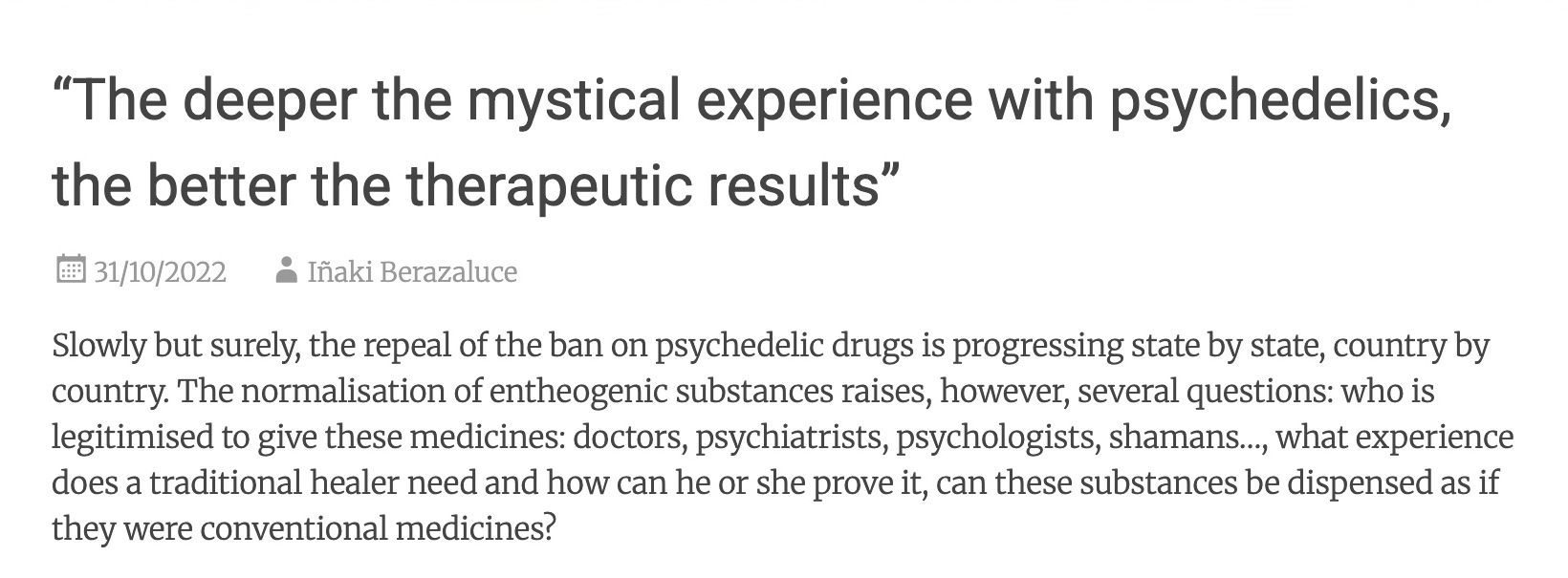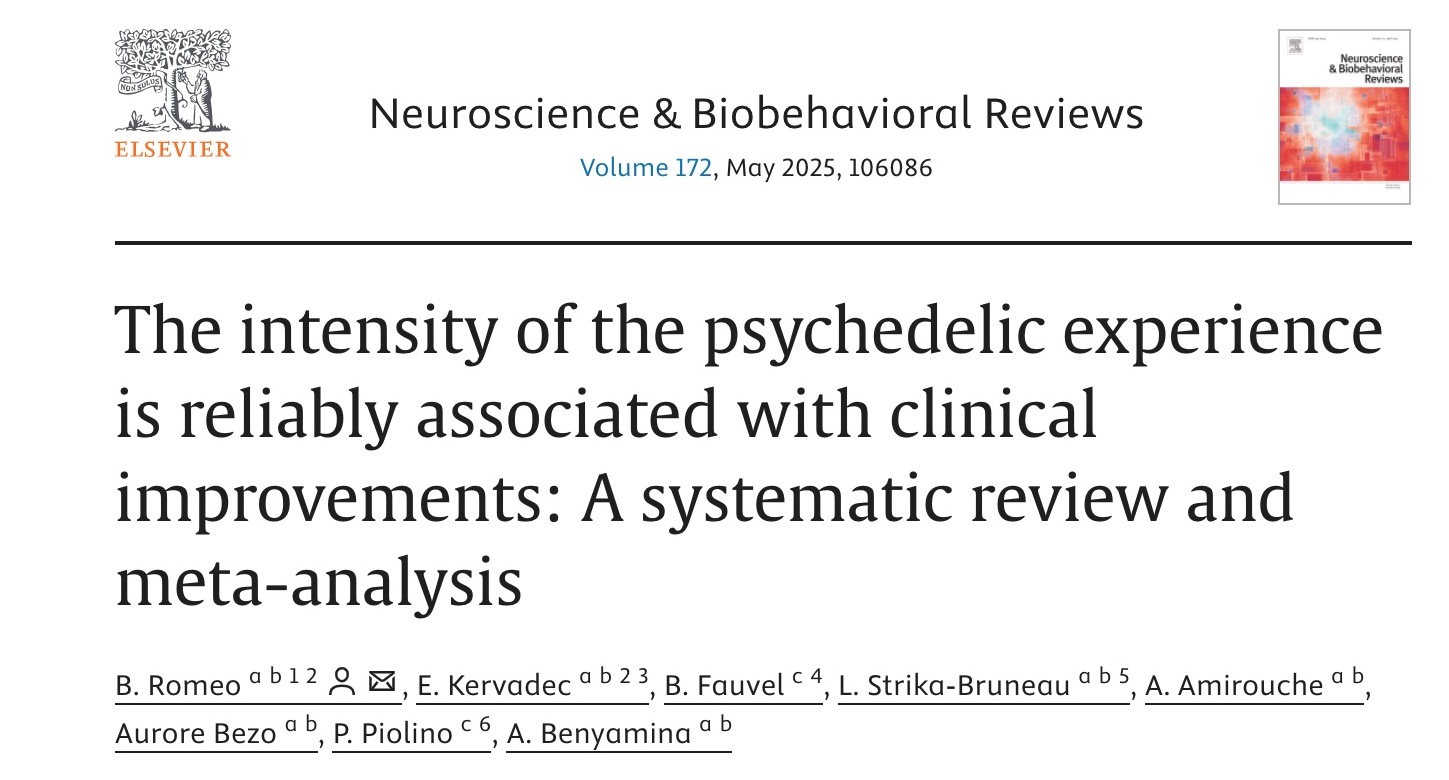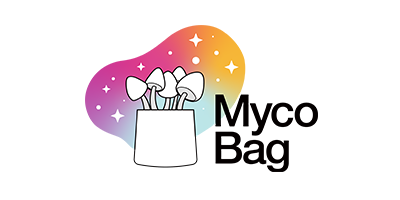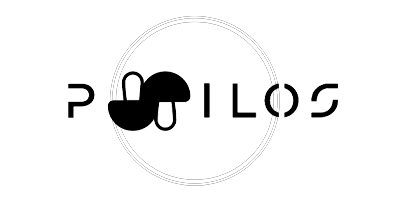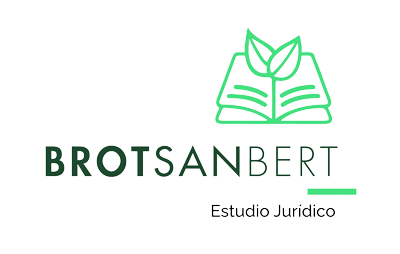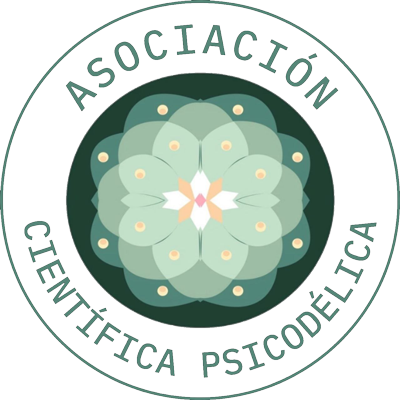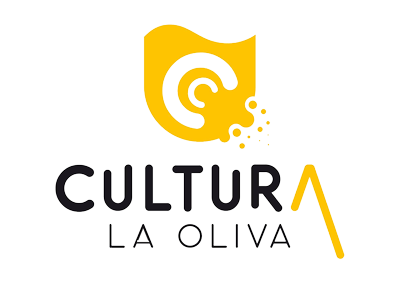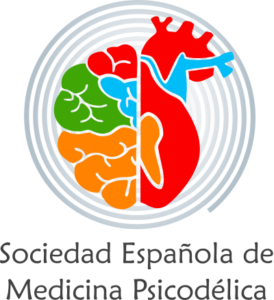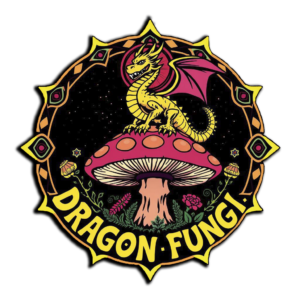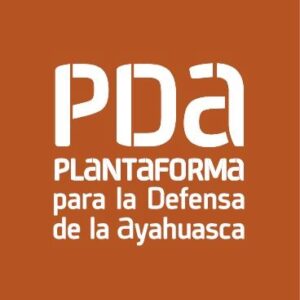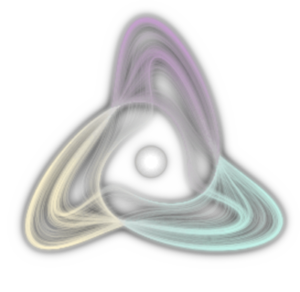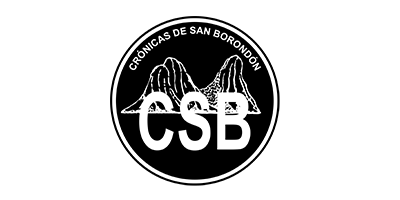A meta-analysis reveals that the intensity of the psychedelic experience predicts its effectiveness in treating depression and anxiety
In recent years, psychedelic-assisted psychotherapy has emerged as a promising alternative in the treatment of various psychiatric disorders, especially mood disorders such as depression and anxiety.
A recent meta-analysis published in Neuroscience & Biobehavioral Reviews has examined the relationship between the intensity of psychedelic-induced subjective experiences and the therapeutic improvements observed in patients. The new study reviewed previous research collected from the MEDLINE, Embase, and PsycINFO databases.
This research confirms what psychedelic therapists have long known: “The deeper the mystical experience, the better the therapeutic outcomes” (Manuel Villaescusa, 2022).
Tabla de Contenido
ToggleThe importance of subjective experience in psychedelic therapy
The study highlights that subjective experiences—particularly mystical-type experiences—play a crucial role in the therapeutic effectiveness of substances such as LSD, psilocybin, and ayahuasca. These experiences are characterized by feelings of unity, transcendence of time and space, and a profound sense of peace and joy. The findings indicate that greater intensity in these experiences is associated with significant reductions in symptoms of depression and anxiety.
Neurobiology and contextual factors
Beyond subjective experiences, the study examines the underlying neurobiological mechanisms. Psychedelics are suggested to promote neuroplasticity, facilitating the formation of new neural connections that contribute to improved mood and cognition. The study also emphasizes the influence of contextual factors, known as “set and setting,” on the psychedelic experience and its therapeutic outcomes.
Development of next-generation psychedelics
The meta-analysis also addresses the development of new psychedelic compounds, known as “psychoplastogens,” which aim to replicate the therapeutic benefits without inducing hallucinogenic effects. These advances could expand access to psychedelic treatments by reducing the need for intensive supervision and minimizing associated risks.
Implications for clinical practice
Research’s findings have important implications for clinical practice, as understanding the relationship between the intensity of psychedelic experiences and therapeutic outcomes can guide the design of more effective and personalized treatment protocols. It also underscores the need to consider both pharmacological and contextual aspects to optimize the benefits of psychedelic therapy.
Conclusions: effectiveness of psychedelic experience
In conclusion, this meta-analysis highlights the relevance of subjective psychedelic experiences in improving mood disorders, offering an integrative perspective that combines neuroscience, psychology, and contextual factors in advancing innovative mental health treatments.
